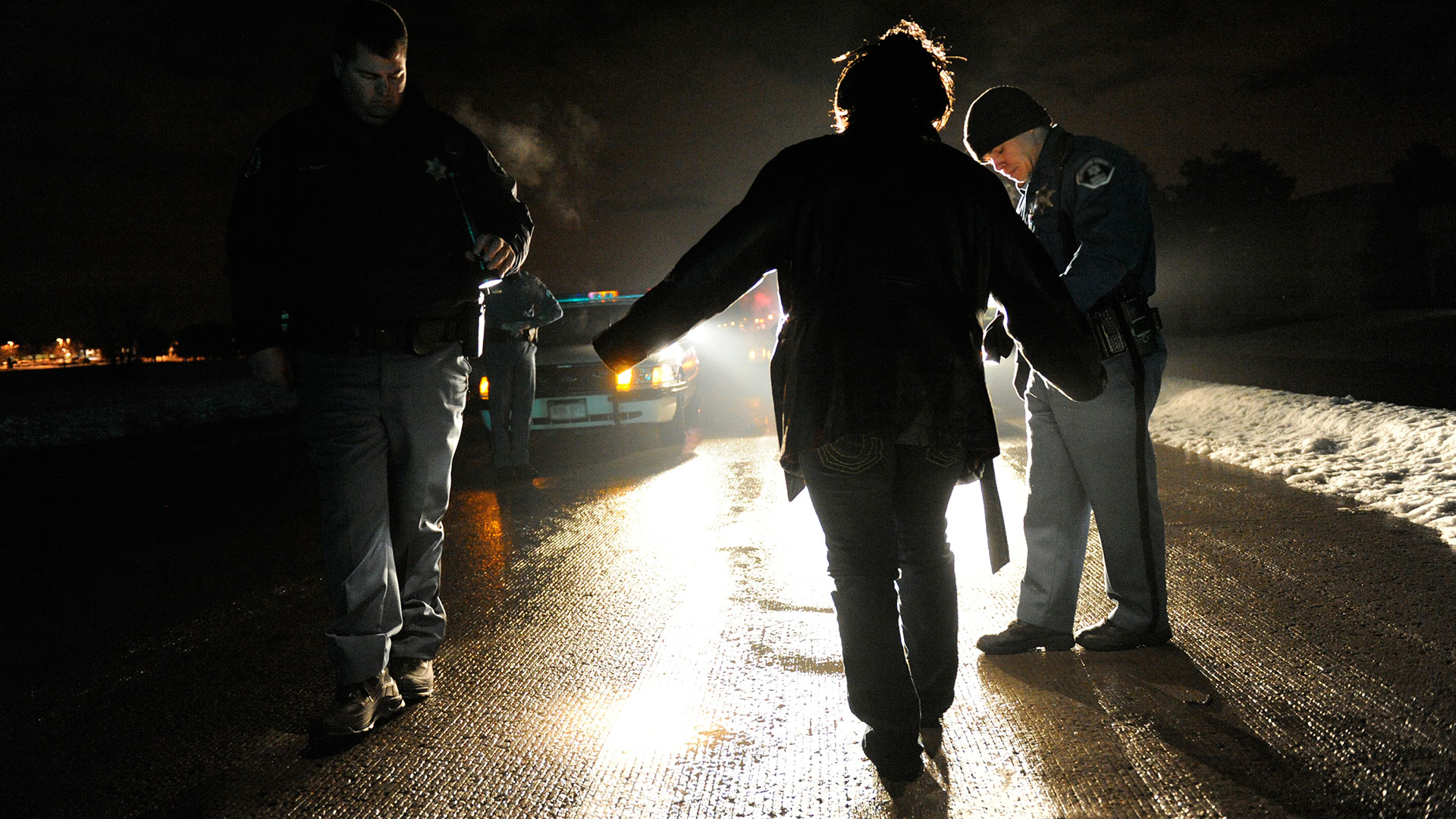

A ruling handed down by the Kansas Supreme Court has compounded the complexity of DUI laws nationwide. In a 6-1 decision, the court held that a motorist cannot be prosecuted for refusing a police officer’s request to administer breath test during a traffic stop, unless that officer has a warrant. Previous to the new ruling, the criminal statute known as the “no refusal law” made it a misdemeanor to refuse a breath test, and laid out potential criminal penalties that exceeded the penalties for a DUI.
For decades, Kansas has had an “implied consent” administrative statute, which states that motorists give tacit approval to “one or more” sobriety tests merely by driving on public roads, assuming the officer has reasonable suspicion. The potential penalty for refusal was the loss of one’s driver’s license, but nothing more. In 2012, aiming to put more punitive action behind its drunk driving laws, the Kansas legislature passed a law that prohibited declining a test, detailing a schedule of criminal penalties for successive refusals of chemical tests during stops. Prosecutors say the law is aimed at repeat offenders trying to avoid self-incrimination, and gives officers another tool to keep the roads safe from impaired drivers. State defense attorneys have been trying to get the law overturned for years, claiming that it’s unconstitutional, and that prosecutors were leveraging to coax guilty pleas so as not to face the stiffer charges of refusing a test.
The law has been challenged in lower state courts and usually upheld. But the state supreme court agreed with the arguments of unconstitutionality in State v. Ryce, State v. Nece, State v. Wilson, and State v. Wycoff. The justices said that even if a motorist has given implied consent to a search—and they classified a sobriety test as a search—the motorist has the constitutional right to revoke that consent. By punishing drivers who refuse the search in absence of a court-ordered warrant, the law contravenes the Fourth Amendment right to be free from unreasonable searches and seizures, as well as the Fourteenth Amendment’s due-process clause. Nor is it appropriate for the officer to warn a motorist of the penalty for refusal in order to get a sobriety test approved, because that amounts to coercion. The court said that the officer still has the right to secure a warrant—some Kansas police forces already use that approach—and that the civil punishment of license revocation still stands. The lone dissenting justice opined that the law shouldn’t be entirely revoked, but that cases of refusal should be considered individually.
On March 4, state attorney general Derek Schmidt asked the Kansas Supreme Court to stay its ruling while a similar set of cases go before the United States Supreme Court. It’s said that 13 states have comparable no-refusal laws; in December, the U.S. high court agreed to hear three cases that challenge them. Arguments in theBirchfield v. North Dakota docket will begin April 20, a decision is expected by the end of June. Three years ago, inMissouri v. McNeely, the US Supreme Court ruled that police need a warrant before seeking breathalyzer or blood tests except in “exigent circumstances.”
Schmidt says Kansas will file amicus briefs in support of a decision that upholds the overturned no-refusal law. Meanwhile, new field test consent forms have already gone to state law enforcement and prosecutors statewide are figuring out how to proceed with current cases.